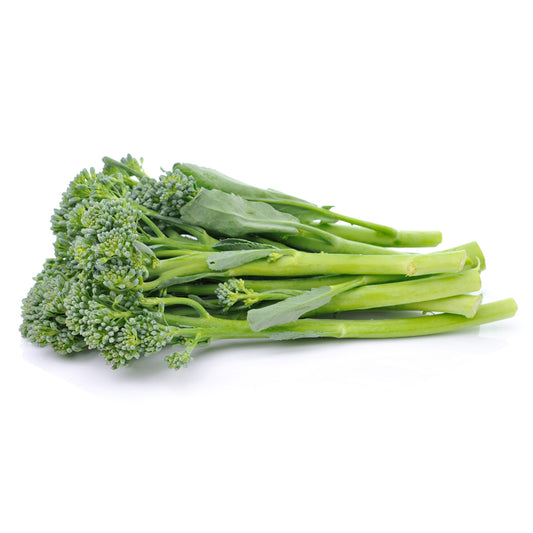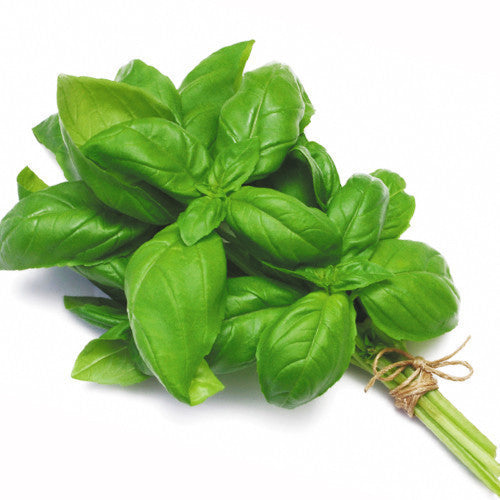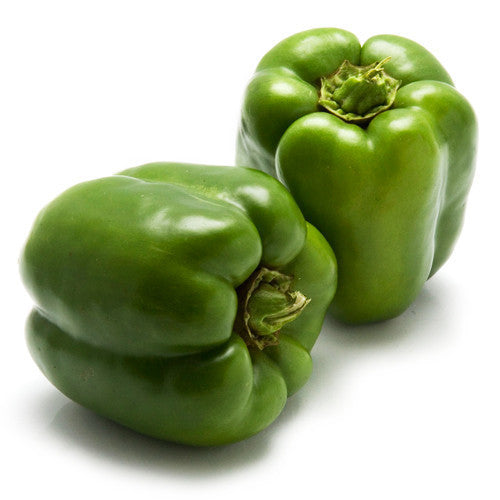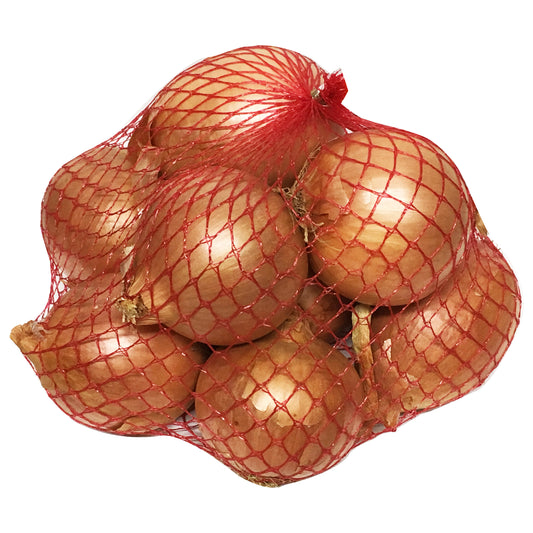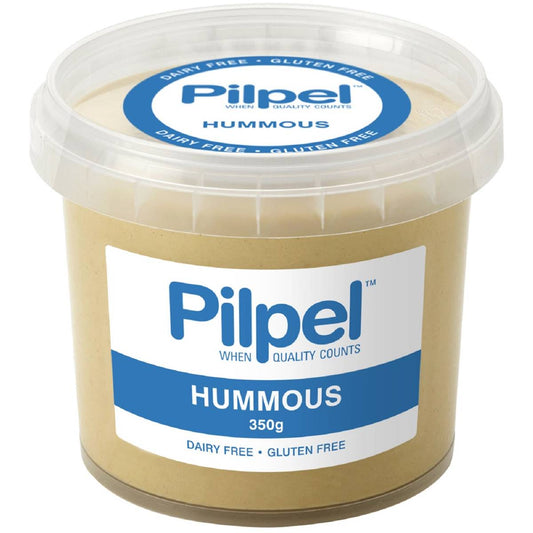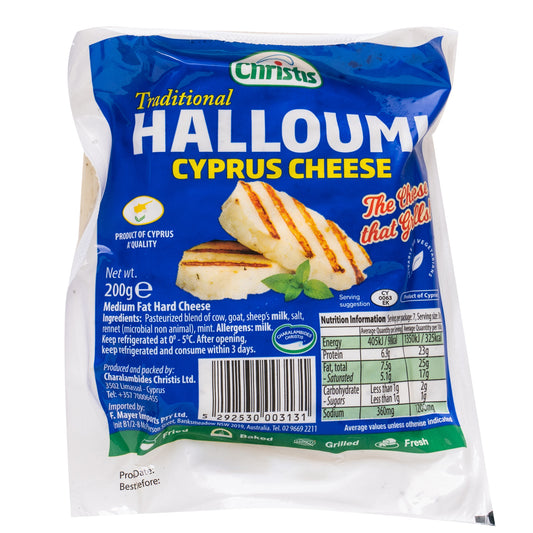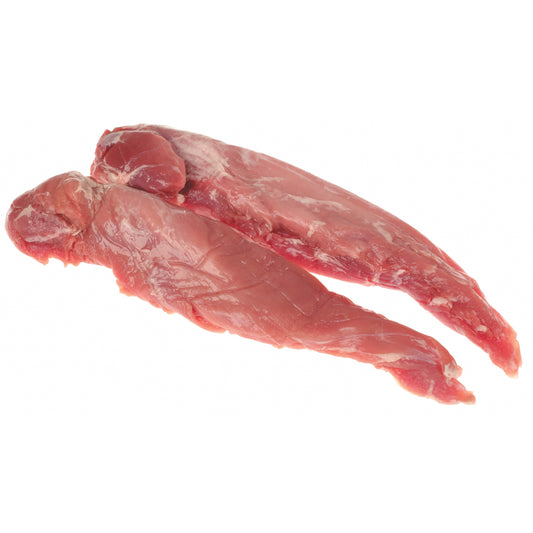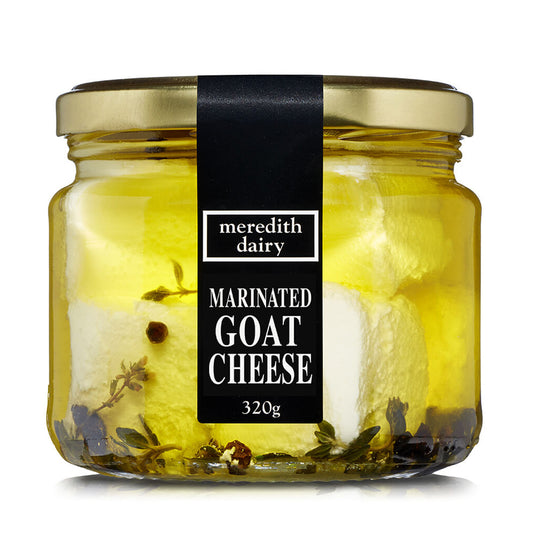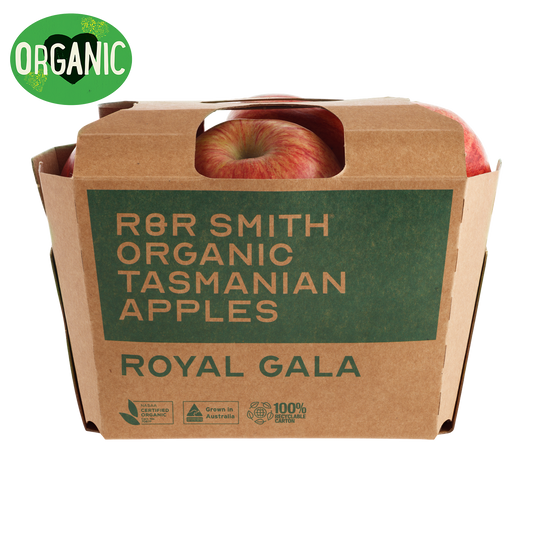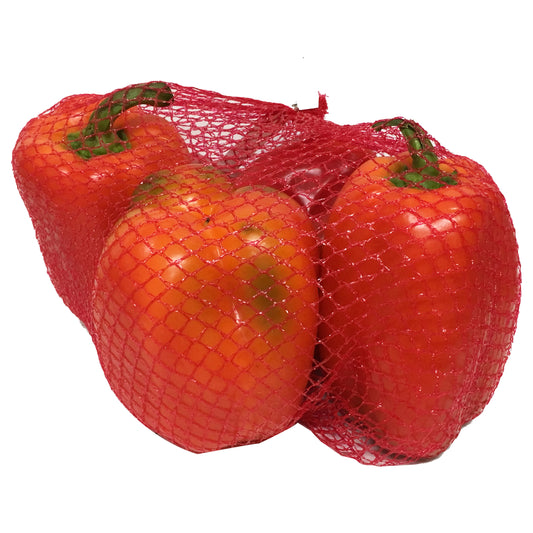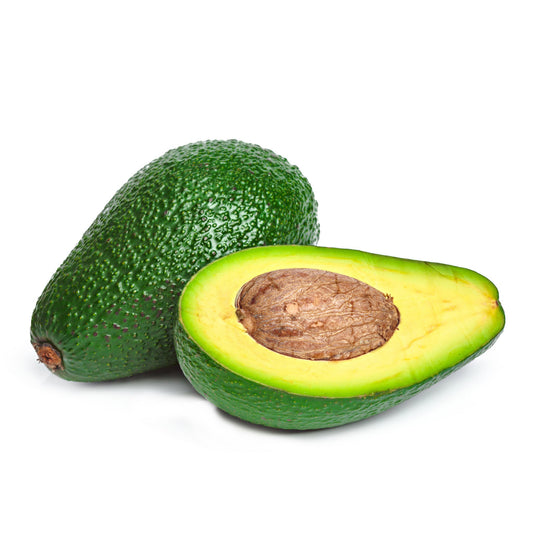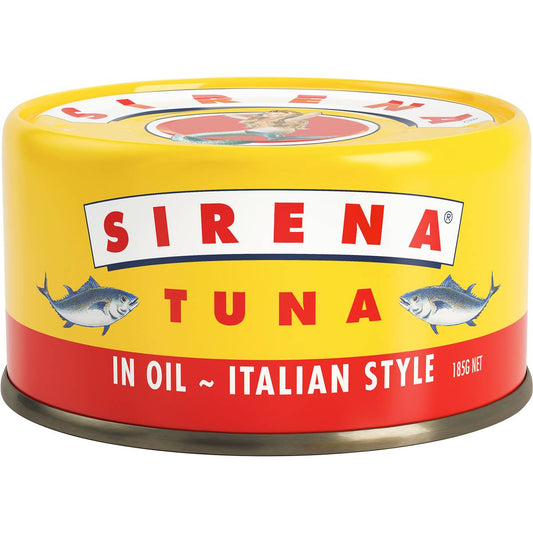![]()
Regenerative Agriculture (a.k.a Regen), works with nature rather than against it. Think going beyond organic, it's not a certification (well not yet!) but it's an approach to farming that focuses on improving the ecological health of farmland. Regen farms use a collection of highly adaptable practices, that when performed together, make for healthier, happier soil, food, humans farmers and planet.
Below is a list of some Regen farming practices. Farmers don't need to incorporate all of these into their farming; they only need to introduce at least one practice. To learn more about Regen farming, click here.
Organic- Certified organic grows crops and livestock without synthetic inputs: fertilisers, pesticides, growth regulators and GMOs. It also meets the behavioural needs of animals.
Bio fertilisers- Biofertilizers are substances that contain microorganisms, which when added to the soil increase its fertility and promotes plant growth.
Biodiversity- Regen buoys biodiversity. A mix of microorganisms, plants and animals creates healthy soil, robust crops and adaptable natural systems; it does away with chemical inputs.
Compost- Compost is organic waste that decomposes naturally and is used as fertiliser. Compost Teas are aged compost, steeped in water, resulting in a nutrient-rich, liquid gold.
Cover-Cropping- Cover crops are plants that are planted to cover the soil rather than for the purpose of being harvested. Cover crops manage soil erosion, soil fertility, soil quality, water, weeds, pests, diseases and biodiversity.
Chemical Free- This principle encompasses all the certified organic standards, minus the expensive certification. These farmers have all the prowess and practice without the paperwork.
Natural Sequence Farming: This land management technique restores natural water cycles. The land then thrives, even in drought conditions. It makes the land more resilient.
Ethical Practices- Regen gives animals and plants a habitat which advocates for individuality and natural behaviours. At the same time, plants and animals are integrated for the greater good.
Biodynamic Farming- This almost century-old, balance-based practice generates organic matter. From natural compost and field preparations to planet rhythms and constellations.
Animal Integration- In this system, crops and animals work together. The crop supplies feed for the animals, and the animals supply fertiliser, in the form of manure, for the crop.
Biological Pest Management (IPM)- Integrated pest management (IPM) combines the use of biological, cultural and chemical practices to control insect pests in agricultural production. It seeks to use natural predators or parasites to control pests, using selective pesticides for backup only when pests are unable to be controlled by natural means. IPM should not be confused with organic practices. It does not discourage spraying chemicals; it promotes spraying with selective pesticides only when the crop needs it, which generally means that less pesticide is used.
Holistic Managed Grazing- These methods ensure species aren’t ‘grazed out.’ Rotational grazing moves livestock around, allowing paddocks to recover. Time control grazing is ruled by plant growth.
Low/No Tillage- Plant straight into untilled soil with residues from the crop before. Disturbing minimal soil, weed seeds don’t surface. Reduce erosion, increase organic matter and retain water.

